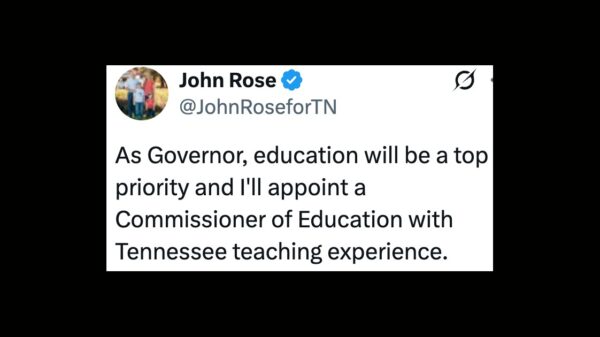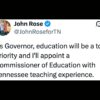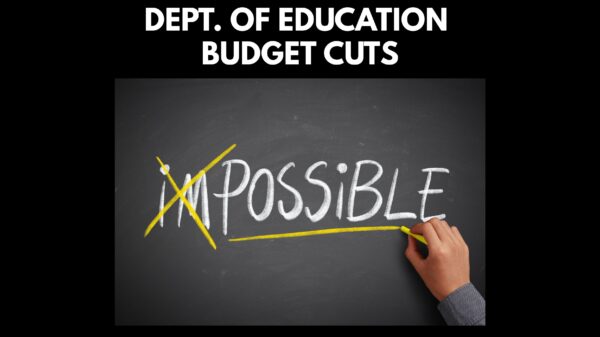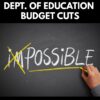By JC Bowman, Contributing Education Editor
In the once vibrant halls of American schools, where laughter and conversation filled the air, a new sound has taken over—the persistent buzz of cell phone notifications. This has become the unwelcome soundtrack of our classrooms.
Today’s students, once bright and eager to learn, now find themselves tethered to their devices, their eyes glazed as they scroll through a digital landscape that feels far removed from the reality around them. It’s a peculiar sight and one that brings a heavy sense of sadness. The classroom, a sacred space meant for learning and growth, has transformed into a battleground—not of fists, but of the relentless grip that technology has on our youth.
As we approach the summer of 2025, we see 33 states stepping up, seeking to reclaim the focus of their students. Twenty-six of these states have taken the bold step to impose restrictions on cellphone use, attempting to steer young learners back from the edge of distraction.
These laws are crafted with good intent, born from a sincere desire to protect young minds from the insidious lure of social media, which gnaws at their mental well-being like a persistent pest.
Consider this startling statistic: 97% of students aged 11 to 17 admit to using their phones during school hours, averaging 43 minutes with their heads bowed, absorbed in a digital world that isn’t truly theirs. Yes, that’s a wake-up call we can’t ignore.
Across the nation, schools are drafting policies, each one a desperate attempt to revive the lost art of attention.
K12 Drive reports Utah’s Ogden High School, which has enacted a no-phone policy. The result? A noticeable rise in student engagement and a decrease in distractions. But this transition, promising as it may be, comes with challenges, as those phones must be stored away, battling habits that have taken root like weeds.
In Kansas, McPherson Middle School has taken a firmer stance with a strict no-phone policy. The outcome? A transformation of the school atmosphere, leading to genuine engagement and authentic connections among students.
In Tennessee, Knox County schools have embraced a similar approach, resulting in smooth transitions and renewed interactions that remind us of what school days should truly be about.
Meanwhile, New York’s DeWitt Clinton High School has refined its methods, streamlining the process of collecting and returning devices. The chaotic lines that once snaked through hallways have vanished, along with the disorder they brought. Fewer fights have broken out, graduation rates have soared, and those once-distracted faces now shine with renewed purpose.
The District of Columbia has joined in, implementing a citywide ban on cellphones. This noble aim seeks to protect students from the pain of bullying and inappropriate communication. School leaders have carefully crafted these policies, listening to parents and teachers alike, recognizing the need for flexibility in a world that often feels rigid.
Yet, amid these successes, challenges persist. Resistance is as natural as the changing seasons. Students, accustomed to their devices, may push back against this new order, and reports of increased use of burner phones have emerged as students try to circumvent the new policies.
Principals across the country are urging clear communication, shared understanding, and consistent enforcement. The rules must resonate, and the reasons behind them must be crystal clear. Education must evolve, teaching students the fine art of digital citizenship and guiding them toward a healthier relationship with technology.
This shift toward stricter cellphone policies is not merely a reaction; it’s a necessary evolution, a recognition of the urgent need to foster focus and well-being in a world overflowing with distractions. Schools are learning to navigate the delicate balance between leveraging technology for learning and protecting against its distractions.
In the end, the success of these policies will depend on persistence. The road ahead is long, and the landscape is constantly changing. But with open communication, a commitment to education, and a steadfast dedication to student well-being, we can hope that classrooms will once again become sanctuaries of learning—free from the shackles of distraction.
Across American classrooms, the battle for attention continues, one policy at a time. Will this be the key to turning things around in education? Only time will tell.
JC Bowman is the executive director of Professional Educators of Tennessee and contributing editor to TriStar Daily

















